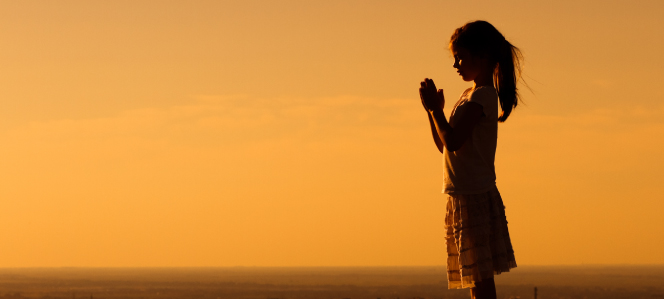What is hell? I maintain that it is the suffering of being unable to love. ― Fyodor Dostoyevsky, The Brothers Karamazov
Prayer is an aspiration of the heart. It is a simple glance directed to Heaven. It is a cry of gratitude and love in the midst of trial as well as joy. –St. Therese
In the progress of cosmic evolution, human beings seem to serve as the universe’s desire to look back on itself in amazement and say to someone or something, “Thank you” — My philosophy of nature professor in 1989 at the University of Hartford
Gratitude.
My wife always says that she can die in peace if she knows that, among other things, our children write thank you notes when they receive a gift from someone.
Gratitude is the hallmark of being Christian. Gratitude is the acknowledgment of an undeserved and beneficial gift received from another, and a pledge that the gift will be used well and for good. As such, it is an act of humility that takes nothing for granted, i.e. lacks a sense of entitlement. Gratitude is a faithful echo of generosity, and contains within itself an implicit demand to extend generosity to others in like kind. The grateful are not owners but stewards who know that all entrusted to them is from the All and for all. Think about it, people you know who are grateful people are also generous people, while ungrateful people lack generosity. They go hand in hand. Hell is anti-eucharistic.
As people of faith, our gratitude is founded on the belief that all good gifts are, without exception, from God (James 1:17). Even the evil which God permits, because it falls within His providential will to redeem a fallen world, contains within itself the potential for limitless good. “We know that all things work together for good for those who love God” (Rom. 8:28). So when Jesus faced His execution, in the midst of the Supper He instituted to memorialize His choice to give away His life for us, He gave thanks to the Father (1 Cor. 11:24) from whom He eternally draws life (John 6:57). He faced His execution as an act of loving obedience to the Father and as an act of love for humanity, with gratitude flowing from the knowledge that enduring the evil of the Cross would bring us good; that enduring death would bring us life; that enduring condemnation would bring us pardon; et cetera. The heart of the Eucharist is an act of gratitude to a provident Father in the midst of utter catastrophe and defeat, for it is precisely there that God works His greatest work: the Resurrection.
The Orthodox liturgy says, after recounting the marvelous works of God in creation and redemption:
For all these things we give thanks to Thee, and to Thine only-begotten Son and to Thy Holy Spirit; for all things of which we know and of which we know not, whether manifest or unseen…
The heights of holiness are manifested very simply and quietly in the person who finds gratitude permeating every movement of their heart, seeing in all things (even those not seen!) God’s countless mercies and the power of God to bring out of every situation — without exception — a good that surpasses all we can ask or imagine. Christians are meant to be sacraments — visible signs — of this belief in the world. Christians are to be known by their love, and their love is most convincingly revealed by their gratitude. Though Christians struggle like everyone else with life, beneath it all they live out of the conviction that everything can be turned into a re-creative offering; that everything they receive and possess is meant to glorify God and benefit others (which is a tautology!); and that God lets nothing we do or endure go to waste. As long as we offer it up to Him in love and don’t — as a dear “second mother” of mine used to say to me when I was a teen — “throw it in His Face like a spoiled child.”
I love that.
These grateful people you love to be around because they give you hope, they lift your spirits, and when you leave their presence you want to be a better person. You want to be more grateful, like them.
I’ll never forget the speech I heard by Chinese Cardinal Ignatius Kung back in 1992. He had spent years 30 imprisoned by the Chinese government for his Roman Catholic faith, and many of those were spent in solitary confinement. Among the many things he said that deeply moved me, this I found to be the most stunning: “I am grateful to God for those years [in solitary], which were the greatest years of my priesthood. Because there I could imitate my Lord in His abandonment on the Cross and give my life for His people. That is where priesthood takes all its meaning.”
I want that.
May it be so for all of us.
